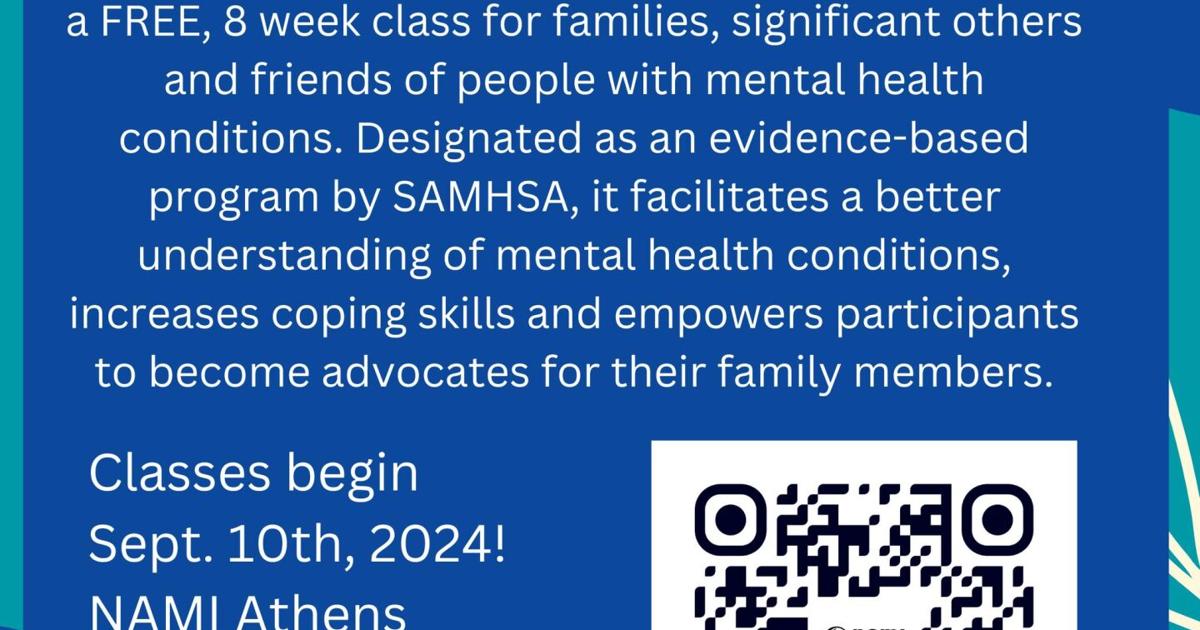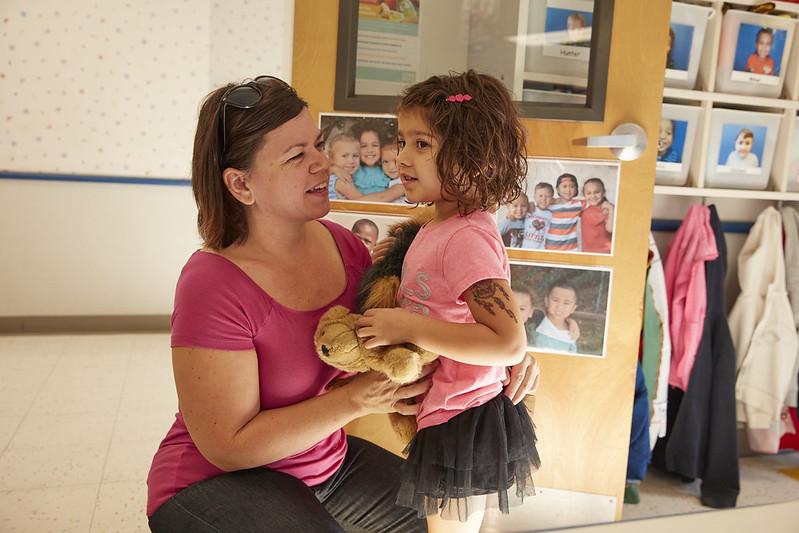Family Support Education Course in Athens

Unlocking Understanding: NAMI Family-to-Family Program Empowers Caregivers
Mental health is a crucial aspect of well-being that often goes overlooked. While society has made strides in discussing mental health openly, there’s a significant need for tailored support, particularly for families and loved ones of those who struggle with such conditions. Enter the NAMI Family-to-Family program—an educational initiative designed to bridge the gap between families and mental health, and it’s gaining considerable attention for good reason.
What Is NAMI Family-to-Family?
The National Alliance on Mental Illness (NAMI) offers the Family-to-Family program as a free, eight-session course. It targets family members, significant others, and friends of individuals grappling with mental health conditions. Given the profound impact that mental illness can have on not only the afflicted individuals but also their loved ones, this program is vital. It is an evidenced-based curriculum, meaning its effectiveness is supported by substantial research. Studies have shown that participants experience significant improvements in their coping and problem-solving skills, which are invaluable when navigating the complexities that come with mental health conditions.
Designed for Real People
What sets the NAMI Family-to-Family program apart is its delivery. It is not just a series of lectures; it’s facilitated by NAMI-trained family members who have firsthand experience with mental health challenges. These facilitators understand the nuances and emotions involved in supporting loved ones with mental health issues. They guide discussions, provide presentations, and lead interactive exercises that make the experience both informative and engaging.
Participants can expect to dive deep into topics that affect the mental health landscape, including the biology of mental illness, the impact of mental health on family dynamics, and effective communication strategies. The course equips participants with tools that enhance their understanding and uplift their relationships with their loved ones.
Why Is This Program Important?
Mental health conditions can be isolating—not just for those who experience them but also for their families. One common challenge is the stigma associated with mental illness, which can lead families to feel embarrassed, confused, or frustrated. The NAMI Family-to-Family program offers a community of understanding and acceptance, allowing participants to share their experiences and learn from one another. It creates a safe space for open discussions about feelings, fears, and hopes, which is a crucial aspect of healing for families.
Moreover, the program emphasizes the importance of self-care for caregivers. In the struggle to support a loved one, family members often neglect their own emotional and mental well-being. By participating in Family-to-Family, caregivers learn to prioritize their needs, understand the importance of self-care, and develop strategies to manage the stress that can arise from caring for someone with a mental health condition.
Real-Life Impact: Testimonials and Stories
The impact of the NAMI Family-to-Family program can be profound. Many participants report a newfound sense of clarity and empowerment after engaging with the curriculum. They leave not only with valuable knowledge but also with a support network that extends beyond the sessions. Family members often find lifelong friendships with others who share similar experiences in the program.
One participant, Jane, shared her experience: “Before Family-to-Family, I felt lost. I didn’t know how to help my son. Now, I feel equipped to provide support, and I understand that I’m not alone in this journey.”
Her sentiment is echoed by countless others who have attended the program and emerged with stronger relationships and more defined boundaries, contributing to healthier family dynamics.
How to Get Involved
If you or someone you know could benefit from the NAMI Family-to-Family program, it’s easy to take the first step. The program is widely available, with sessions often held at local NAMI chapters, community centers, and sometimes even virtual platforms. Interested individuals can visit the NAMI website to find upcoming courses in their area or to learn more about how to access these vital educational resources.
In conclusion, the NAMI Family-to-Family program serves as a beacon of hope and support for families navigating the complex terrain of mental health. By educating caregivers, fostering insightful discussions, and building a community, it not only improves the lives of those involved but also strengthens the fabric of mental health awareness at large. The need for comprehensive support for families and caregivers has never been more apparent, and programs like this one are leading the way in creating a more informed and empathetic society.



